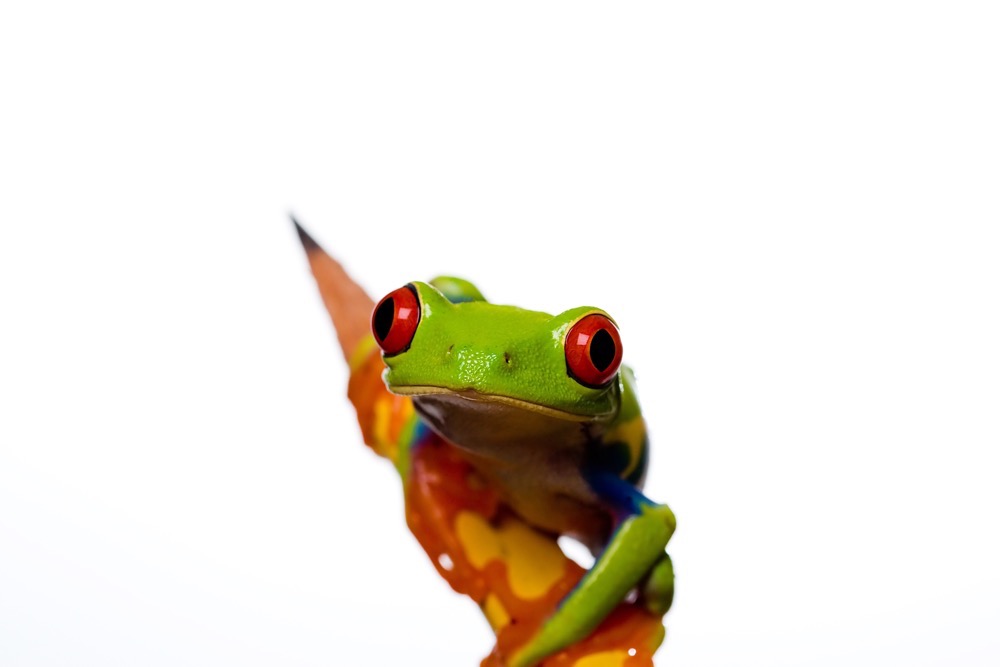Whatever approach you take to personal productivity, there is one common theme: identifying your most important tasks and working through them, methodically, until you’re done.
Ivy Lee coached Charles Schwab’s executives on this principle. Stephen R. Covey taught us to identify our A1 task and start there. Brian Tracy wrote about starting your day by eating the big frog on your plate.
Focusing on your most important task can be your key to having a productive day. It can also completely ruin your day. There are at least seven times you should ignore the big frog sitting at the top of your task list.
- When you have it scheduled. The best way to make sure your most important task gets done is to go a step farther and put it on your calendar. What gets scheduled gets done. Until then, ignore it. Put your attention someplace else.
- When you have a meeting in 15 minutes. If you have a meeting in fifteen minutes, now probably isn’t the best time to start on what Cal Newport calls deep work—the kind of work that needs a long, uninterrupted period of concentration. Instead of starting the task when you just have a few minutes, use those few minutes to carve out a larger block of time on your schedule. What can be done in a solid two-hour block might take six half-hour blocks if you break it up. It’s more efficient and effective to go deep and get it done, but don’t let that become an excuse to kick the can down the road.
- When you’re off stage. Work loves Parkinson’s Law—it will expand to take all the time you’ll give it. If you’re not working, then don’t think about work. Besides, focusing your conscious attention on something else may give your unconscious mind the time it needs to chew on the problem and be just what you need!
- When it gets preempted. The most important tasks we do are in Q2. By their very nature, they can be interrupted by Q1 tasks—also important, but more urgent. Shift your attention to the new task, deal with it, then return your attention to the most important task.
- When you feel miserable. Colds happen, and never at opportune times. (When you’re a parent, the problem grows exponentially.) You may be better off setting everything aside and taking a sick day. They’ll be there when you get back.
- When it’s no longer relevant. Your task list isn’t set in stone. It’s a very fluid document. Why? Because your life is fluid. It’s constantly changing. What was a big rock at 9:00 am may be no more than a pebble by lunchtime. If it’s no longer the best use of your time, demote it—or delete it entirely—and find out what is.
- When it’s done. Have you ever spent so much time in anticipation of a big task that when it was over, you forgot to notice that it was over? Me, too. Checking off the task brings closure. It’s a signal that you’re done. Another task needs your attention now.
When it’s time to work on your most important task, work on it and nothing else—we’re actually terrible at multitasking. Ignore the rest of your list. Train yourself to stick to one task until it’s done.
The most productive people know how to manage their attention. They put their focus where it needs to be. They know when to dive into their most important task and when their time is better spent working on something else.
Question: At what other times should you intentionally procrastinate on your most important tasks? Share your thoughts in the comments, on Twitter, LinkedIn, or Facebook.

